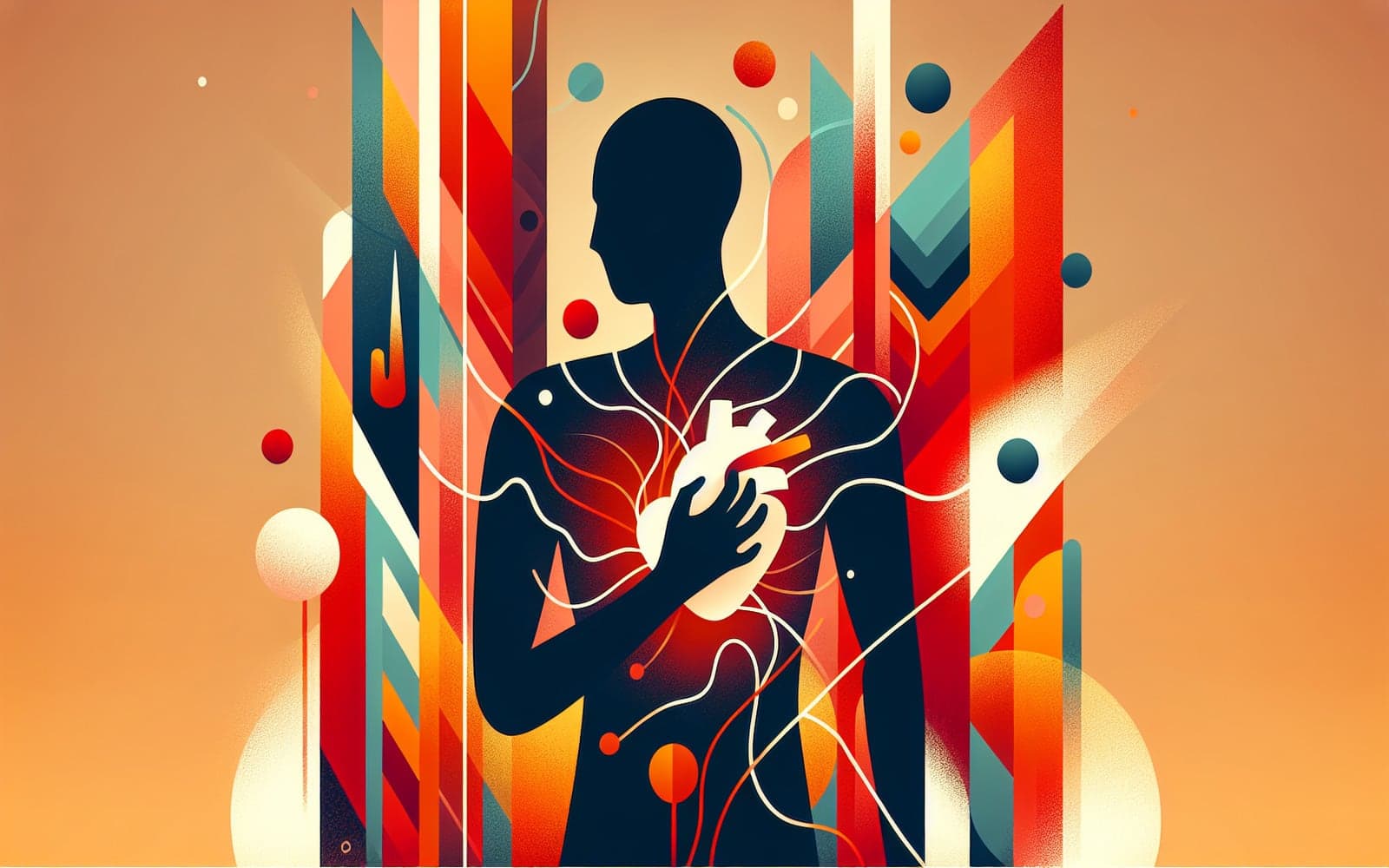Could Your Chest Pain Be a Heart Attack? Here's What to Look For
Published: Mar 04, 2024
Chest pain can be a warning sign of a heart attack. Knowing the symptoms can help you act quickly and seek help.
Contents
Classic Symptoms
The most common symptom of a heart attack is chest pain or discomfort, often described as a squeezing or pressure sensation. This pain can spread to the arms, neck, jaw, or back. It's important to note that not everyone experiences severe chest pain during a heart attack.
Atypical Presentations
Some people, especially women, elderly, and diabetics, may experience atypical symptoms like indigestion, shortness of breath, fatigue, or nausea. These symptoms can be easily overlooked, delaying crucial medical attention. Understanding these differences is vital in recognizing a heart attack.

Non-Heart Attack Chest Pain
Not all chest pain is related to a heart attack. Conditions such as heartburn, muscular issues, or anxiety can also cause chest discomfort. Identifying the nature of the pain and associated symptoms helps in distinguishing between cardiac and non-cardiac causes.
Frequently Asked Questions
It feels like pressure or squeezing in the chest.
Yes, especially in women and older adults.
Symptoms include shortness of breath and nausea.
No, other conditions can cause chest pain.
Key Takeaways
Recognizing symptoms quickly can be life-saving in heart attack cases.
Experiencing chest pain? Discuss your symptoms with Doctronic today.Related Articles
References
Canto JG, Shlipak MG, Rogers WJ, et al. Prevalence, clinical characteristics, and mortality among patients with myocardial infarction presenting without chest pain. JAMA 2000; 283:3223.
Always discuss health information with your healthcare provider.

